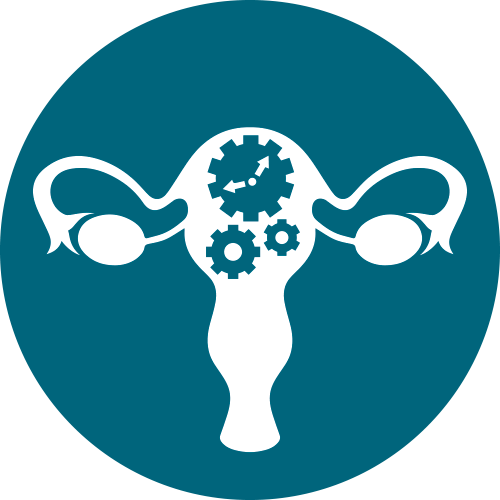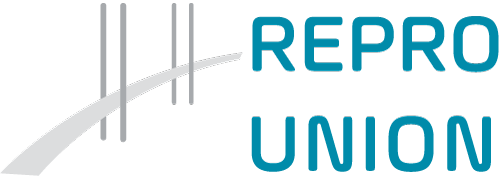Science
Challenge 3: Securing Female Ovarian FunctionThe ultimate aim for ReproUnion’s Challenge 3 team is to create a human artificial ovary within a ten-year period – in the context of two important and critical demographic and socioeconomic changes that our society is currently facing.
First, many modern women delay childbearing until their thirties, prioritizing education and career. With age, the number of eggs decreases and the ability to conceive becomes attenuated. Thus, many women will invariably experience difficulties in conceiving due to few or chromosomal deficient oocytes.
Secondly, the rising life expectancy is far beyond any historical records and is currently increasing with one year every fourth year. On average menopause begins in the early fifties and because women will live into their eighties and nineties in many parts of the world, they will spend three to four decades in menopause.
Menopause increases the risk of osteoporosis, cardiovascular disease, dementia and cognitive decline, due to the loss of circulating sex-steroids, especially in women who enter menopause prematurely (POI-women). Thus, this Challenge focuses on the ovary as an endocrine organ secreting sex-hormones that will stimulate healthy aging by reducing these effects during menopause. In addition, Challenge 3 focuses on how to maintain and/or create human oocytes that potentially may be used for reproduction.
In October 2020 we presented some highlights from the journey towards creating a human artificial ovary, including advancements in the development of an efficient in vitro culture system for human follicles and how the collection of 3000 human eggs for research has enabled the investigation of the origins of chromosome errors in human eggs and embryos.
In December 2020 ReproUnion received additional funding to research the impact of COVID-19 on reproductive health, which has facilitated access to state-of-the art single-cell techniques, developed for reproductive research at the University of Copenhagen. The Challenge 3 working group is also collaborating on new research, which will contribute to knowledge on the risk of infection in different cell-types, including if receptors for the COVID-19 virus are expressed in the ovarian tissue.
Contact
Claus Yding Andersen
claus.yding.andersen@regionh.dk

WORKING GROUP
Aniel Sanchez*
Research Fellow
Clinical Chemistry, Lund University
Claus Yding Andersen
Professor
Laboratory of Reproductive Biology, Rigshospitalet
Eva Hoffmann
Professor
Dept. of Cellular and Molecular Medicine, University of Copenhagen
György Marko-Varga
Professor
Department of Biomedical Engineering, Lund University
Indira Pla Parada*
PhD student
Clinical Chemistry, Lund University
Jason Alexander Halliwell
Postdoc
Dept. of Cellular and Molecular Medicine, University of Copenhagen
Jenny Gruhn
Assistant Professor
Dept. of Cellular and Molecular Medicine, University of Copenhagen
Jesus Cadenas Morena
PhD student
Laboratory of Reproductive Biology, Rigshospitalet
Johan Malm
Professor
Clinical Chemistry, Lund University
Linn Salto Mamsen
Postdoc
Laboratory of Reproductive Biology, Rigshospitalet
Mengxue Zheng
PhD student
Laboratory of Reproductive Biology, Rigshospitalet
Stine Gry Kristensen
Postdoc
Laboratory of Reproductive Biology, Rigshospitalet
Susanne E. Pors
Postdoc
Laboratory of Reproductive Biology, Rigshospitalet
* Also part of the working groups for Challenge 1 and Challenge 4
